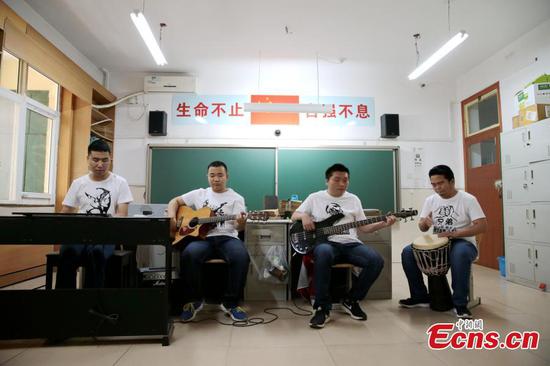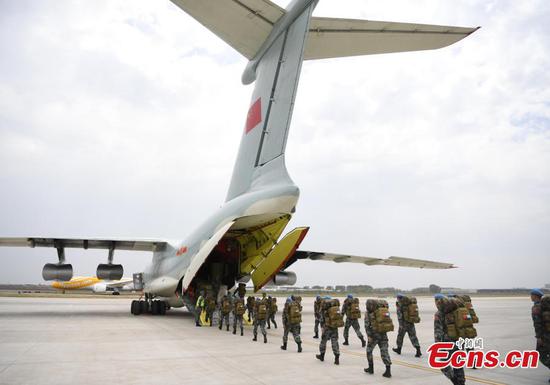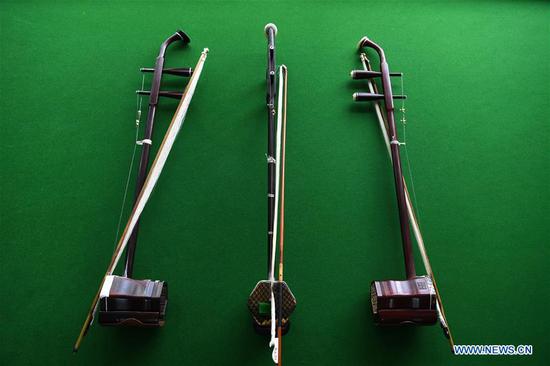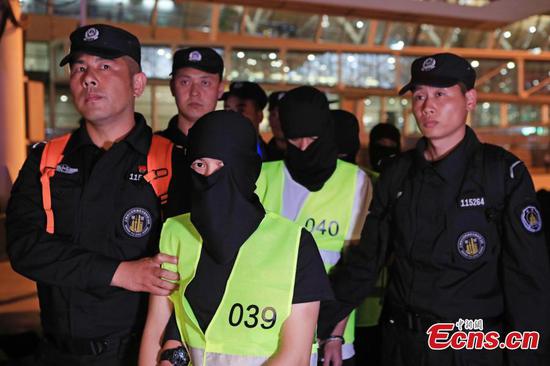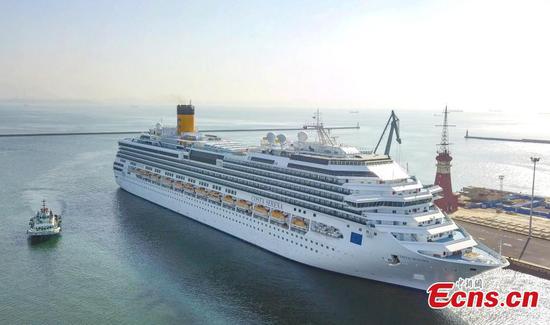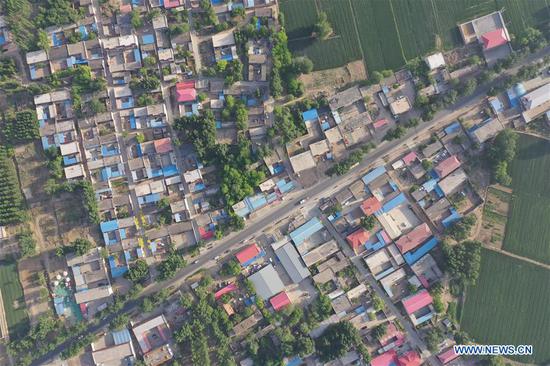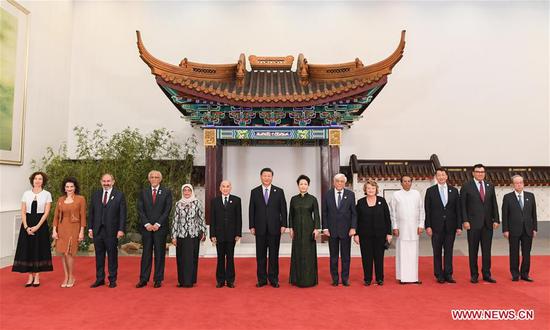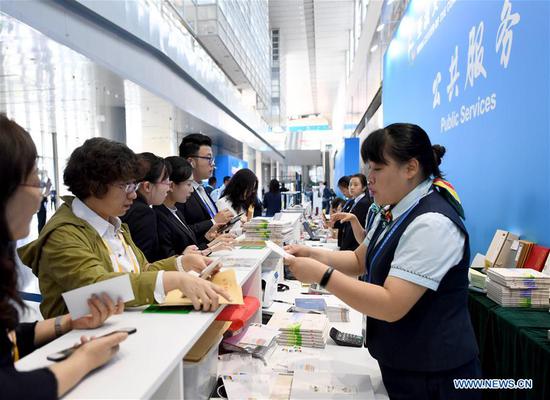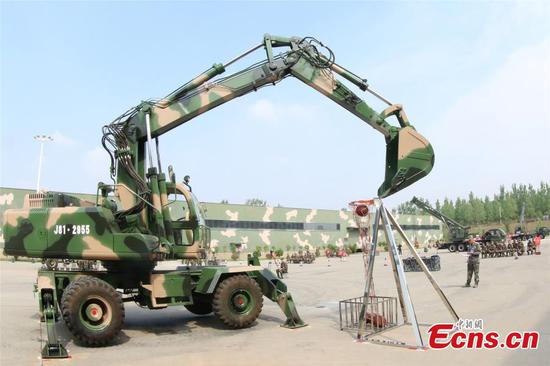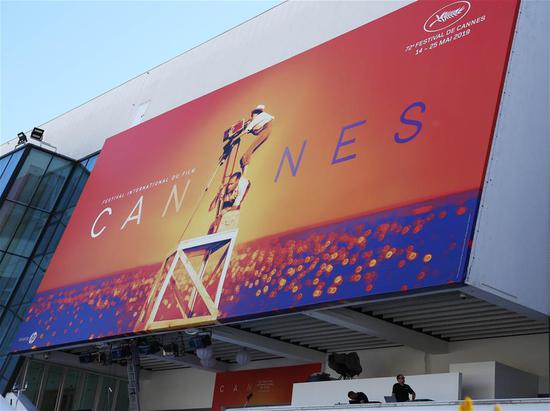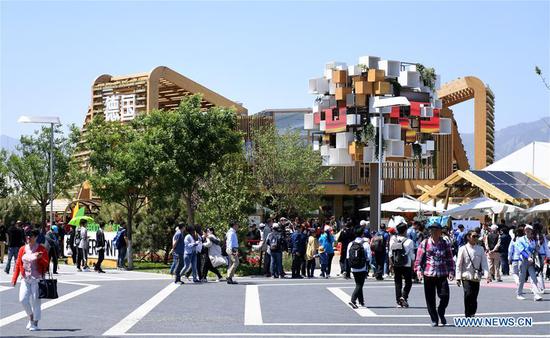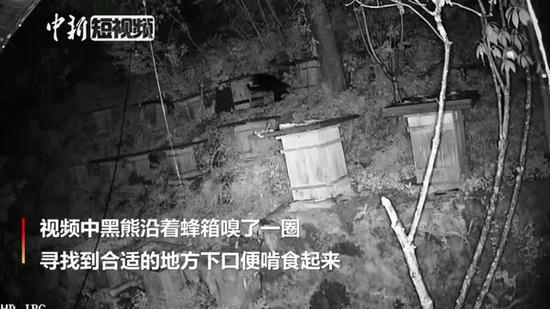Boeing's 737 MAX jetliner's return to service may be delayed until mid- to-late August because of a software update and recertification, possibly creating new problems for carriers as the summer travel season approaches.
Initially, Boeing hoped to have the plane back in the air by April, but revisions to the automated flight system, the logistics of installing the software update, and approval by foreign regulators pushed the estimated return date into May and now August.
"I think it shows Boeing the depth of the problem they created at the executive level by trying to take over the certification process," James E. Hall, managing partner of Hall & Associates in Washington and former chairman of the National Transportation Safety Board, told China Daily. "Boeing's CEO said they own it, and now they've got to fix it. If it takes longer than expected to resolve the issue, that's the responsible thing to do. It's a good thing for the passengers and for those interested in a strong aviation safety structure. Given the present circumstances, I don't see any downside."
Boeing MAX jets were grounded worldwide following crashes March 10 in Ethiopia and Oct 29, 2018, in Indonesia that killed a total of 346 passengers and crew.
Preliminary investigations suggest the aircraft's Maneuvering Characteristics Augmentation System (MCAS), an automated anti-stall device, may have forced the noses of Lion Air and Ethiopian Airlines flights down and into a fatal plunge when it erroneously determined the aircraft were about to stall.
There are about 400 MAX jets in service worldwide, including about 97 in China. Boeing has met with Southwest, American and United — the U.S. airlines that fly the 737 MAX — and European carriers to discuss safety and software updates.
The FAA has invited about 50 regulators from nations around the world to meet May 23 to review safety procedures. Critics of the Federal Aviation Administration's certification in the U.S. and abroad believe federal regulators delegated too much authority to Boeing when certifying the 737 MAX as safe to fly.
Analysts therefore do not expect the European Aviation Safety Agency, the FAA's counterpart, to rubber-stamp the findings of federal regulators. That could delay return of MAX jets to service until fall.
"It makes sense to get things right — to make sure things are as safe as possible," John Cochran, president of Eaglemark, an aviation consulting firm, told China Daily.
"Everyone has to be made aware of the changes and trained. To delay too much longer would be bad, but it's best to do things right and with a great deal of transparency," said Cochran, who is also a professor emeritus of aerospace engineering at Auburn University.
Wall Street analysts expect Boeing to spend about $1 billion to update and install new software for the anti-stall system.









